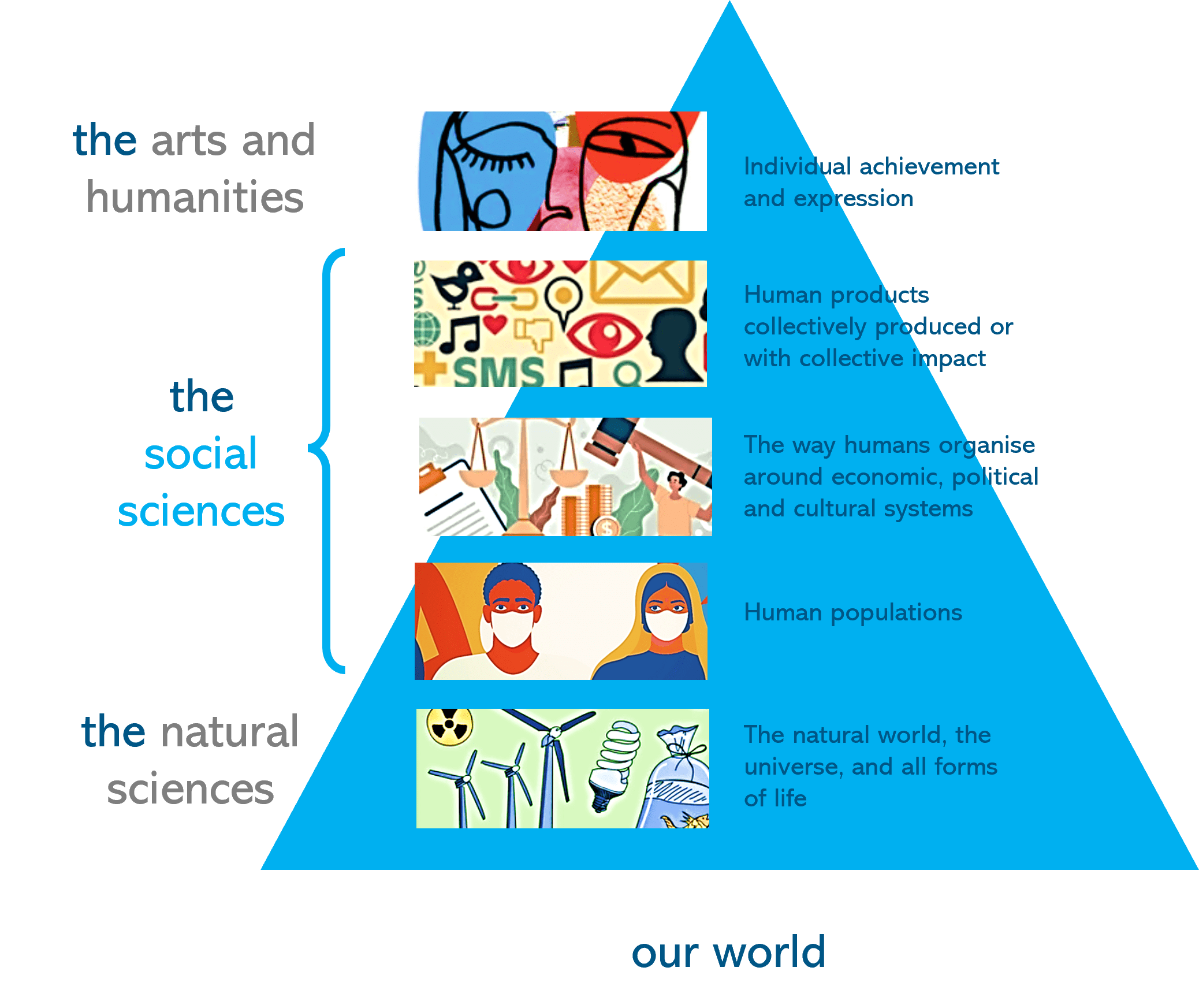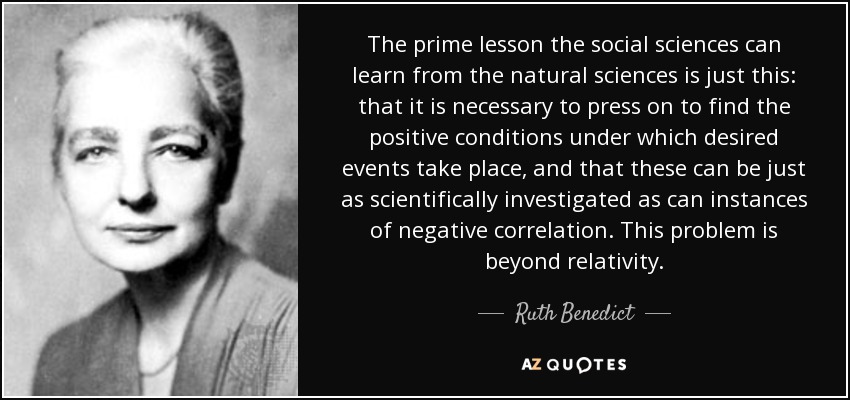Natural science and social science are two branches of science that deal with different aspects of the natural world and human society, respectively. While both disciplines rely on empirical evidence and the scientific method to make observations and draw conclusions, they differ in their focus and methods of study.
Natural science, also known as physical science, is concerned with the study of the natural world and the physical laws that govern it. It includes fields such as physics, chemistry, biology, and earth science. Natural scientists use experiments and observations to understand the fundamental principles of the natural world, such as the properties of matter, the behavior of subatomic particles, and the evolution of species.
Social science, on the other hand, is focused on the study of human society and social relationships. It includes fields such as sociology, psychology, anthropology, economics, and political science. Social scientists use a variety of methods, including surveys, experiments, and case studies, to understand social phenomena and how they relate to individual behavior and group dynamics.
One key difference between natural and social science is the level of abstraction. Natural science deals with objective, measurable phenomena that can be studied in a controlled environment. Social science, on the other hand, deals with complex and often subjective human behavior, which is influenced by a wide range of factors including culture, history, and personal experience. As a result, social science is often more difficult to study and can be more prone to bias and subjectivity.
Another difference is the scope of study. Natural science often deals with fundamental principles that apply across the natural world, whereas social science tends to focus on specific societies or groups of people. For example, a natural scientist might study the properties of light, which are universal and apply to all objects and environments, whereas a social scientist might study the behavior of a particular cultural group or the impact of a specific policy on a particular community.
Despite these differences, natural and social science are not completely separate disciplines. In many cases, the two fields overlap and can inform one another. For example, a sociologist might use data from a natural scientist to understand the impacts of environmental changes on human behavior, or a natural scientist might use theories from psychology to understand animal behavior.
In conclusion, natural science and social science are two branches of science that deal with different aspects of the world around us. While they have different focus areas and methods of study, they both rely on empirical evidence and the scientific method to make observations and draw conclusions. They also have the potential to inform and influence one another, highlighting the interconnectedness of all scientific disciplines.
What are the similarities and differences between social science and natural science?

Social sciences, such as political science, economics, sociology, anthropology, psychology, and geography, have emerged as its own group much more recently in comparison to the natural sciences. In what way are all social sciences alike? Because the questionnaire has the characteristics of response instability and response effects Zaller and Feldman, 1992. What is the purpose of social science? Specifically, social science is based on people and society while scientific is research on inorganic or organic matter. Science can use a controlled setting for experiments that can be tested more than once and get the same results; Social Sciences are different settings than Science, Science is the study of the physical and natural world, where Social Science is the study of human behavior in different settings just as it stated above. This shows how in depth science gets compared to common sense. The main difference between science and social science is that science is the knowledge of the physically existing aspects of the world, its phenomena, and applications through general laws, research, and observations, whereas social science deals with human society and behavior and also explains its political and Why are natural sciences often called hard sciences while social sciences are often called soft sciences? Students learn about places, cultures, and events around the world, what conspired to make them the way they are, and can make inferences about how the rest of the world works.
Natural Science Vs Social Science Essay

Natural science is a branch of science that deals with the physical world, e. Whether our definition of sustainability is anthropocentric, biocentric, egocentric, ecocentric, econocentric, sociocentric, worldcentric or perhaps simply personally eccentric, they are all valid. Auguste Comte, founder of the term sociology, believed that. What are the similarities of humanities and sciences? Whereas in social sciences it is not possible to do a controlled environment experiment because when people know that they are being watched they do not act the same as if they where in a public setting. The limitations of social science are ethical and economic. . A book, depending on who makes it, is paper put together with some kind of hard cardboard to create the book.
Social Science vs. Natural Science

Natural Science is a methodical and has a level of empericism, evidence based. I did not realize how important social and natural science were until I had the chance to read about them during this course. Physical geography and human geography are covered by the term geography which is yet another social science. While Natural science does into so much depth in regards to conducting experiments and or analyzing research, Social science, as I understand it, may easily be researched just by simply watching, listening, and being aware of certain traits, or characteristics of the Human beings that have make up much of this particular lens. These views can be widely categorised to include: SS Functionalist, quanta tive or scientific approach SS Humanistic, qualitative or Functionalists believe that. That is, non-probability sampling such as convenience sampling, quota sampling, purposive sampling, and snowball sampling are more suitable Tansey, 2007.






